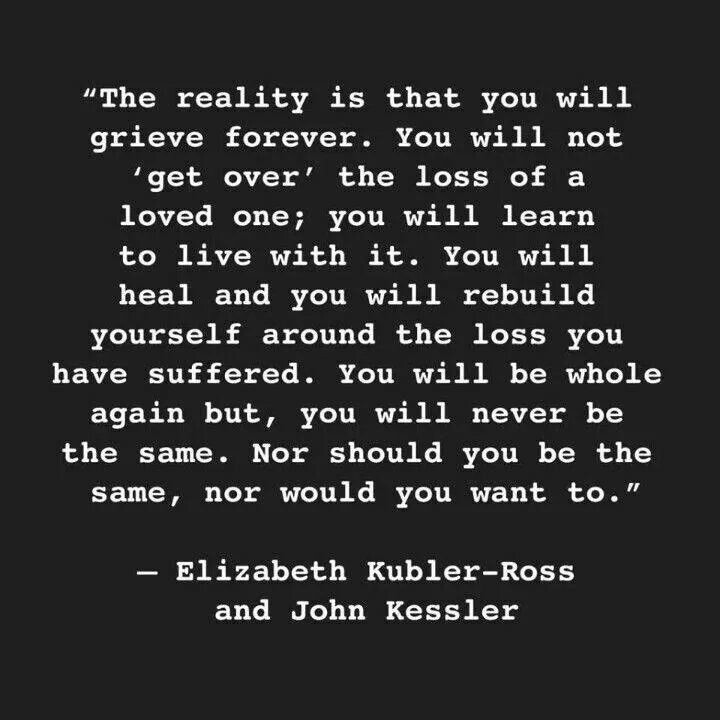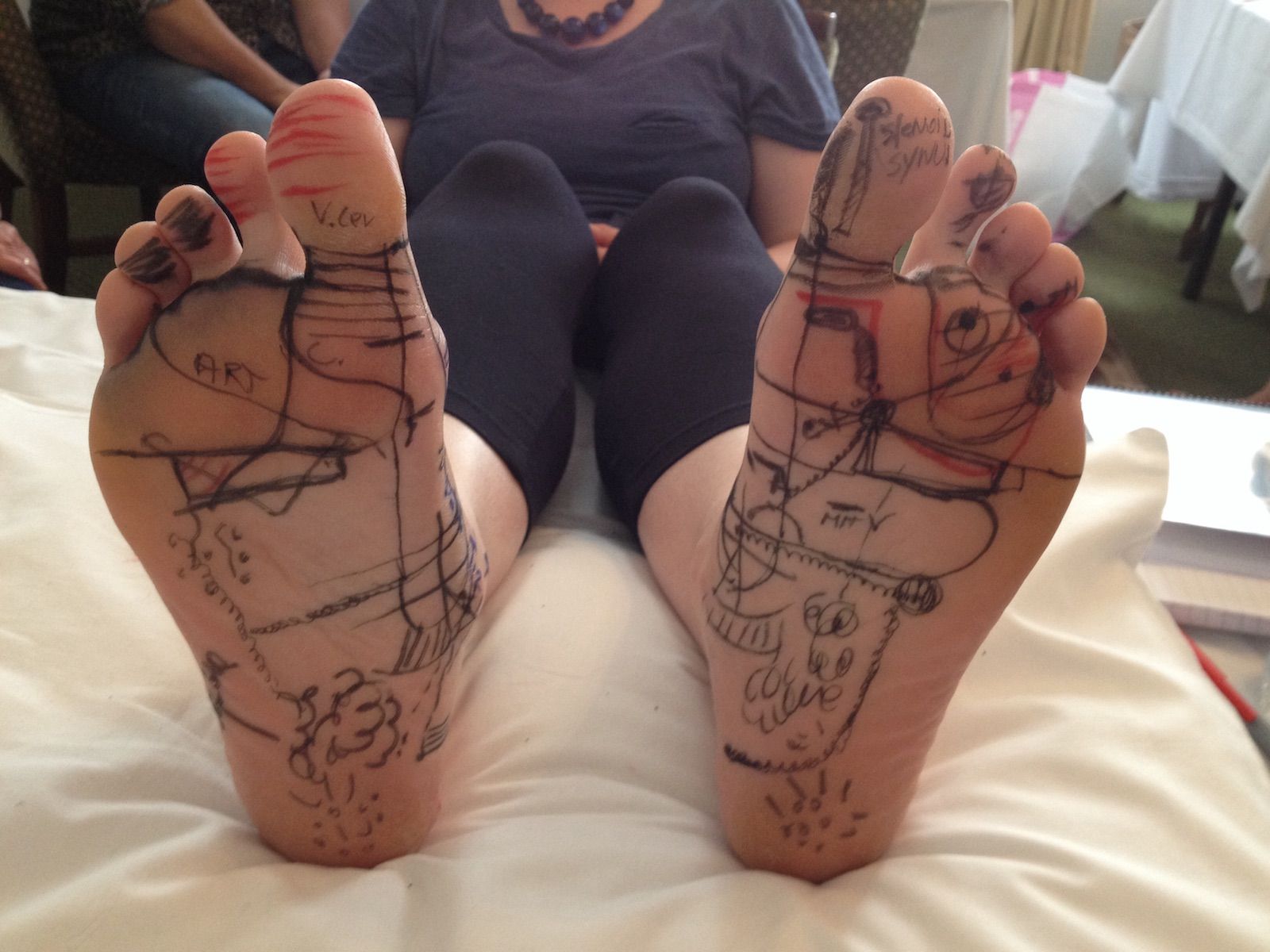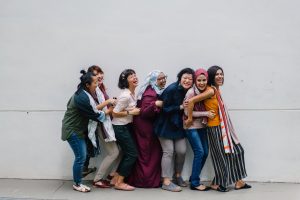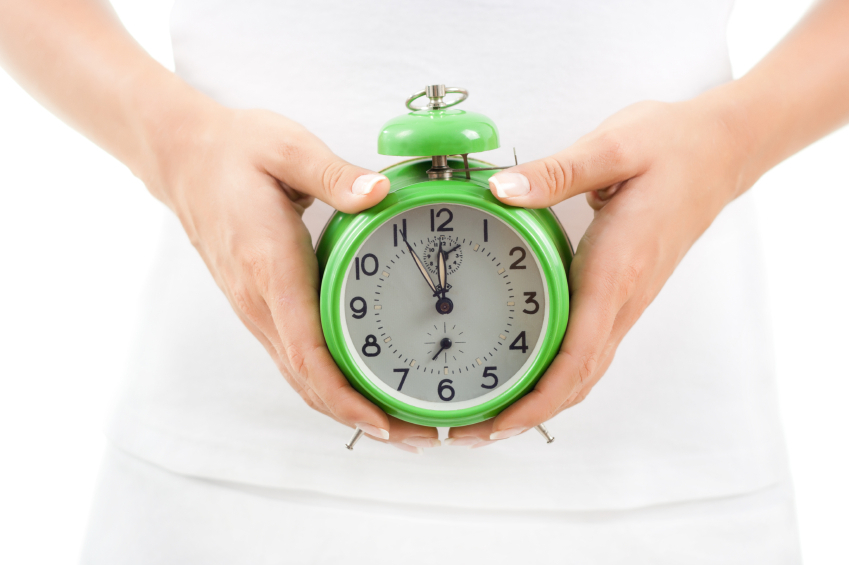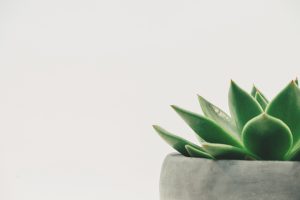
I’m often asked by my clients what brought me to Reflexology and Complementary Health.
My interest and passion for natural therapies was sparked early on. My Dad and his family are from Southern Africa, where nature was part of everyday life. He used his knowledge of natural medicine to care for our bumps and bruises, using aloe fresh from the plant when we cut our knee, honey when we had a sore throat and garlic to ‘keep the vampires away’! – his way of supporting our immune systems when we caught a cold.
Dad’s innate faith of natural remedies was passed down to me. At 7, I was amazed when my friend’s mum, training to be a reflexologist, found a sore spot on my spinal reflex that corresponded to a big bruise on my back that I hadn’t known I had. Later, when studying Sociology at University, my fascination with health and illness, and their impact on individuals and those around them, grew. I was drawn towards modules that looked at how different cultures and their beliefs influence how people view, experience and describe illness, disease, reproductive health and even death. My dissertation explored how the family of someone with chronic illness, in this case diabetes, was affected by and experienced the condition.
After University I worked in a number of different industries including manufacturing, design, model making, banking and, most recently, social care. Whilst working in my twenties I found I had a serious lack of energy and persistent digestive issues. I found that orthodox medicine offered me temporary solutions to my ailments, effectively plastering over the symptoms and not getting to the route of the issues. I was recommended a complementary health practitioner and after making some big changes to my diet and lifestyle, I really turned my health around.
I finally took the plunge to take my passion for natural therapies further in 2010 and, with the constant support and encouragement of my wonderful mum and my brilliant partner, I started my reflexology course at the International Institute of Reflexology (IIR).

Since qualifying, I’ve relished the opportunities to expand my knowledge of reflexology and its many benefits. There is always more to learn. I’ve been lucky to attend some fantastic courses over the years with some of the most prominent reflexologists, including maternity reflexology, reproductive reflexology, fertility reflexology, and TCM-style reflexology (see my qualifications for more details). In 2013, I achieved practitioner level in Advanced Reflexology Techniques (ART), a style of reflexology that applies specific, focused techniques to provide a therapeutic, effective treatment.
What I love about reflexology is that it supports such a wide range of conditions and clients from all walks of life. I never have the same day twice and every client presents with their own unique conditions and character. I see young and old, those who are experiencing bad back pain, people who have trouble sleeping, those who suffer from year-long and seasonal allergies, people with anxiety and depression, and people with hormone-related conditions to name but a few. I have people who come regularly to maintain their health and wellbeing, and people who come for one-off treatments for relaxation. I love supporting couples to conceive and I love seeing the benefits that women in pregnancy gain during and after a session. I feel honoured to be invited to support women who have recently given birth to enable them some time to reset and repair, and I love to have a hold of their new little bundles.
Simply offering a supportive, calm, relaxing space for clients to enjoy reflexology and to ‘switch off’ for an hour, can become a catalyst for positive change in their lives that goes beyond the presenting condition itself. It is this spark of positive change in people that makes my work so rewarding.
If you’d like to find out more about me, my qualifications or my special interests, please do get in touch:
e: email me




